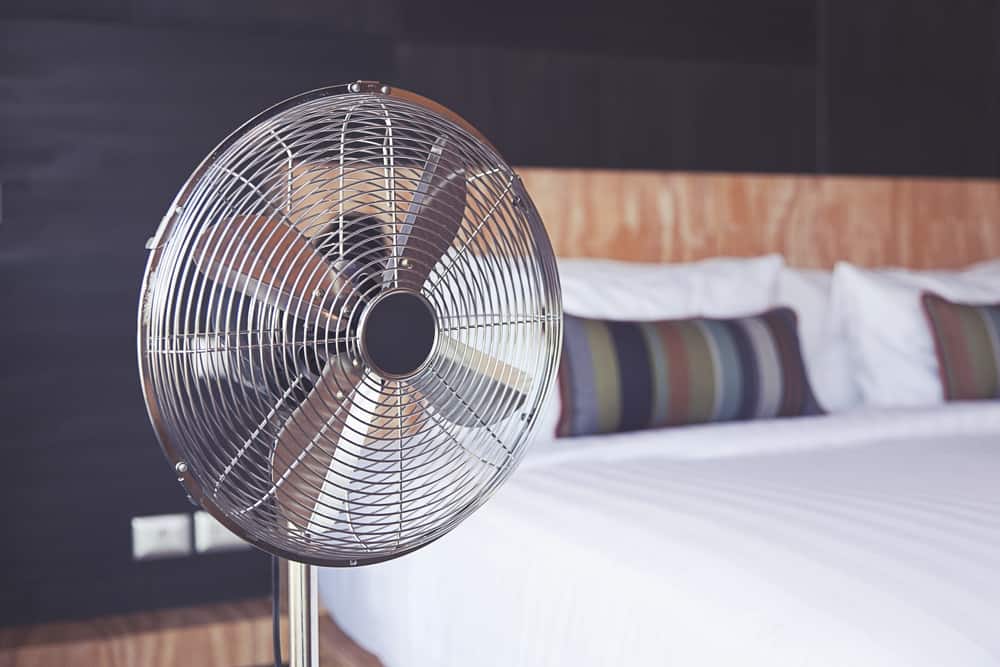Contents:
- Medical Video: Vocal Nodules - Nodes - Polyps - What To Do - Ken Tamplin Vocal Academy
- What is vocal cord surgery?
- What is the procedure for vocal cord surgery?
- What are the types of surgery?
- 1. Microlaryngoscopy
- 2. Laryngoplasty medialization
- 3. Reposition the vocal cords
- 4. Bulk injection
- What are the risks or side effects of vocal cord surgery?
- Recovery process after the vocal cords are operated on
Medical Video: Vocal Nodules - Nodes - Polyps - What To Do - Ken Tamplin Vocal Academy
When your head or stomach hurts, medicines may help you get better quickly. However, what if the vocal cords hurt? In some severe cases, this problem can only be overcome by performing vocal cord surgery. So, what are the operations in question and are there risks that might occur?
What is vocal cord surgery?
The vocal cords are two folds of muscle that are in the larynx, with the task of producing sound when there is a flow of air coming out of the lungs. The muscle fold will then vibrate and produce someone's distinctive sound.
Unfortunately, the vocal cords are not always in good condition. This human voice generator can experience interference like other limbs. If it is getting worse, the vocal cord operating procedure is often chosen as a shortcut to restore interference to the vocal cords.
Vocal cord surgery is a surgical procedure that is performed when the vocal cords are overgrown with other tissues that can interfere with sound production. This surgical procedure is usually carried out by people with tumors, polyps and vocal cord nodules to repair the main function.
What is the procedure for vocal cord surgery?
There are two general procedures used to dissect the vocal cords. First, directly open surgery or make an incision in the neck, and the second indirectly with endoscopy, that is through a tube inserted into the mouth and throat.
In particular, the second difference in this operating procedure lies in the operation process. Vocal cord surgery with open surgery allows easier control of the vocal cords, because it can directly deal with the vocal cords.
While endoscopic procedures allow closer observation of the vocal cords, so that the removal of abnormal tissue becomes more accurate. Both procedures are performed under general anesthesia, so you will not be aware during the operation.
What are the types of surgery?
Some types of surgeries are usually performed to treat disorders of the vocal cords, such as:
1. Microlaryngoscopy
Microlaryngoscopy can be used to diagnose damage or for surgery. This type of surgery is done using a microscope, endoscope, or video camera, in order to get closer observations during the process of observing and retrieving tissue in the vocal cords.
2. Laryngoplasty medialization
Laryngoplasty medialization is a vocal cord surgery procedure that aims to enlarge the vocal folds. This operation is more often done to treat neurological problems, such as paralysis of the laryngeal nerve which interferes with the function of one or both vocal folds.
3. Reposition the vocal cords
Repositioning of the vocal cords aims to repair or reshape the folds of the vocal cords to improve sound production functions.
4. Bulk injection
This procedure requires the doctor to inject a liquid consisting of fat, collagen, or other special substances into the vocal part to restore its main function.
What are the risks or side effects of vocal cord surgery?
Not much different from other operations, surgery on the vocal cords can also have its own risks, for example:
- Injury to the vocal cords
- Permanent change in sound
- Numbness due to pressure from the larynx (usually returns within a few weeks after surgery)
- Infection (rarely occurs when surgery is done sterile)
- Risks from anesthesia such as cardiac arrest and drug reactions (very rare)
The key, immediately consult a doctor who handles you if there are unusual changes in a matter of days or weeks after vocal cord surgery.
Recovery process after the vocal cords are operated on
In order to speed up the healing process while optimizing the function of the vocal cords, the doctor will usually recommend some important steps that you should take after the surgery.
Starting from complete rest for approximately the first three days after the operation. Not just sleeping and lying all day, you are also not encouraged to talk, sing, or do other activities that involve vocal cords.
You can eat and drink as usual, it would be better if you increase your fluid intake for the body. The goal is to prevent the throat and larynx from post-operative dryness. In addition, you should avoid smoking and alcohol, even keep yourself away from the smoke of people around you.














